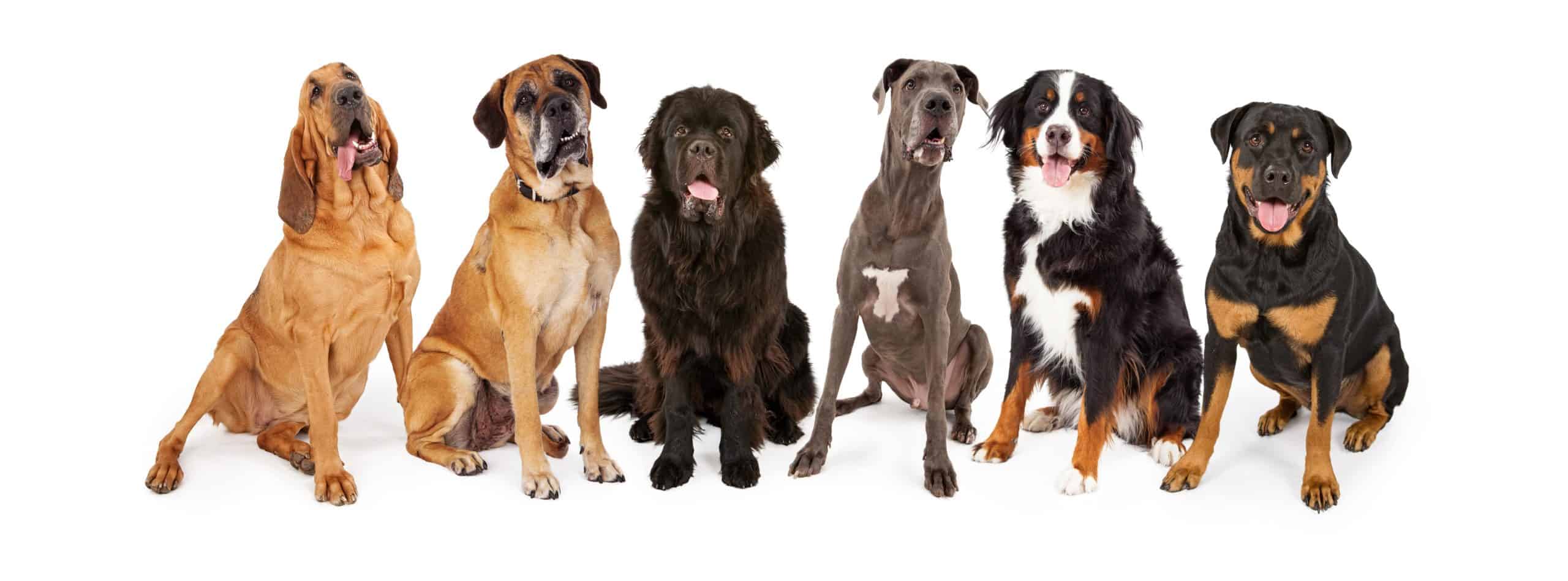Last Updated on January 7, 2024 by Dogs Vets
Everything You Need to Know About Bichon Frise
The Bichon Frise, a charming and affectionate breed, is renowned for its distinctive fluffy coat and cheerful disposition. Originating from the Mediterranean region, this breed has garnered immense popularity worldwide, making it a top choice for dog enthusiasts.
In this comprehensive guide, we’ll delve into the essential aspects of Bichon Frise care, personality, health, and training, ensuring you’re well-equipped to welcome this delightful companion into your home.
Understanding the Bichon Frise: A Comprehensive Overview
The History of the Bichon Frise
Tracing its roots back to the Mediterranean, the Bichon Frise has a fascinating history that highlights its evolution as a breed revered for companionship. Initially bred as a friendly and sociable dog, the Bichon Frise quickly found favor among sailors.
These sailors, traversing the Mediterranean Sea, valued the breed for its ability to provide comfort and companionship during long voyages.

The Bichon Frise’s small size, combined with its cheerful and affectionate nature, made it an ideal shipmate, offering a sense of home and warmth amidst the isolating conditions at sea.
As the breed’s popularity grew, it caught the attention of the Italian nobility, eventually spreading throughout Europe. By the Renaissance period, the Bichon Frise had become a favored pet among the royal courts of Spain, Italy, and France. Its charismatic presence and elegant appearance made it a symbol of wealth and high status.
Renowned for their luxurious, curly white coats and their endearing, playful demeanor, Bichon Frises graced the laps and gardens of kings, queens, and nobles. They were often depicted in paintings and tapestries, showcasing their esteemed position in society.
The breed’s journey from a sailor’s companion to a regal favorite is not only a testament to its enduring charm but also to its remarkable adaptability.
The Bichon Frise’s ability to thrive in various environments, from the confined spaces of ships to the lavish courts of Europe, demonstrates its versatile and resilient nature. This adaptability, combined with the breed’s unwavering affection and loyalty, has sustained its popularity to this day.
The Bichon Frise continues to be a beloved pet, cherished for its friendly disposition and its rich, historical heritage that connects it to the Mediterranean’s past and the royal courts of Europe.”
Appearance:
The Bichon Frise, with its fluffy white coat and infectious happy-go-lucky personality, has stolen the hearts of dog lovers worldwide. But before you welcome one of these charming pups into your home, there are a few things you should know.
If you’re looking for the ideal companion dog, the bichon frisé is perfect for you 💙 #bichonfrise #bichonfrisepuppy #bichonfrisepuppies #bichonfrisedog #bichonfriseofx #bichonfrisepup #bichonfriseclub #bichonfrisemom pic.twitter.com/BUNFMhQfzY
— Central Park Puppies (@CentralPups) January 1, 2024
- Snow-white coat: The Bichon Frise’s most striking feature is its stunning double coat. The soft, dense undercoat is covered by a coarse, curly outer coat that sheds minimally and is hypoallergenic.
- Petite size: These playful pups stand at around 9.5 to 11.5 inches tall and weigh between 12 and 18 pounds.
- Adorable features: Big, black eyes, a black button nose, and a plumed tail that curls over their back complete the Bichon Frise’s irresistible look.
Physical Characteristics of the Bichon Frise
Typically weighing between 12-18 pounds, the Bichon Frise is small yet sturdy, with a distinctive, plush white coat that’s hypoallergenic. Their round, dark eyes and fluffy tail curled over the back add to their irresistible appeal.
Caring for Your Bichon Frise: A Guide to Health and Well-being
Nutritional Needs of the Bichon Frise
A balanced diet is crucial for maintaining the health and vitality of your Bichon Frise. High-quality dog food, tailored to their age, size, and activity level, ensures they receive the necessary nutrients.
Grooming Your Bichon Frise
Regular grooming is essential for the Bichon Frise, given their dense coat. Daily brushing, along with routine baths and haircuts, will keep their coat clean and tangle-free.
Training and Socializing Your Bichon Frise
Effective Training Techniques for Bichon Frise
Bichon Frises are intelligent and eager to please, making them highly trainable. Positive reinforcement techniques, such as treats and praise, work best for training sessions.
Socialization and Behavioral Training
Early socialization is key to raising a well-rounded Bichon Frise. Exposing them to various people, environments, and situations helps develop their social skills and prevents behavioral issues.
Health Concerns and Preventative Care for Bichon Frises
- Lifespan: Bichon Frises have a lifespan of 12-15 years.
Common Health Issues in Bichon Frises
While generally healthy, Bichon Frises can be prone to certain health conditions like dental problems, ear infections, and patellar luxation (joint issues – slipped kneecap). Regular vet checkups are important for preventive care. Regular vet check-ups and preventive care are vital.
Exercise Requirements for a Healthy Bichon Frise
Despite their small size, Bichon Frises require regular exercise to maintain their physical and mental health. Daily walks, playtime, and mental stimulation activities are beneficial.
The Bichon Frise Temperament: Understanding Your Furry Friend
The Playful and Affectionate Nature of Bichon Frises
Bichon Frises are known for their playful, affectionate nature. They thrive on human interaction and are excellent companions for families and individuals alike.
Adapting to Life with a Bichon Frise
Their adaptable nature makes them suitable for various living environments, from apartments to houses with yards. However, they don’t like being left alone for long periods.
Conclusion
The Bichon Frise is a joyful, loving companion, ideal for those seeking a loyal and affectionate pet. With proper care, training, and love, your Bichon Frise will be a delightful addition to your family, bringing endless joy and companionship.
FAQs
What is the average lifespan of a Bichon Frise?
The average lifespan of a Bichon Frise is 12-15 years, with proper care and a healthy lifestyle.
Are Bichon Frises good with children?
Yes, Bichon Frises are typically good with children, thanks to their gentle and playful nature.
How often should a Bichon Frise be groomed?
Bichon Frises should be brushed daily and professionally groomed every 4-6 weeks.
Can Bichon Frises live in apartments?
Yes, their small size and adaptable nature make them suitable for apartment living.
Do Bichon Frises require a lot of exercise?
They need moderate exercise, including daily walks and play sessions.
Are Bichon Frises prone to any specific health issues?
They can be prone to allergies, dental issues, and joint problems.
Is the Bichon Frise a good choice for first-time dog owners?
Yes, their friendly temperament and trainability make them a great choice for first-time owners.
References:
- American Kennel Club: Bichon Frise Breed Information
- The Bichon Frise Club of America: Health and Care
- PetMD: Bichon Frise Nutrition and Exercise Needs
- Cesar’s Way: Training and Socializing Your Bichon Frise
- Vetstreet: Common Health Issues in Bichon Frises
- en.wikipedia.org
Fact Check
We strive to provide the latest valuable information for pet lovers with accuracy and fairness. If you would like to add to this post or advertise with us, don’t hesitate reach us. If you see something that doesn’t look right, contact us!

![Everything You Need to Know About Bichon Frise [+ Lifespan] Everything You Need to Know About Bichon Frise [+ Lifespan]](https://dogsvets.com/wp-content/uploads/2024/01/Screen-Shot-2024-01-07-at-3.11.06-AM-696x455.png)















